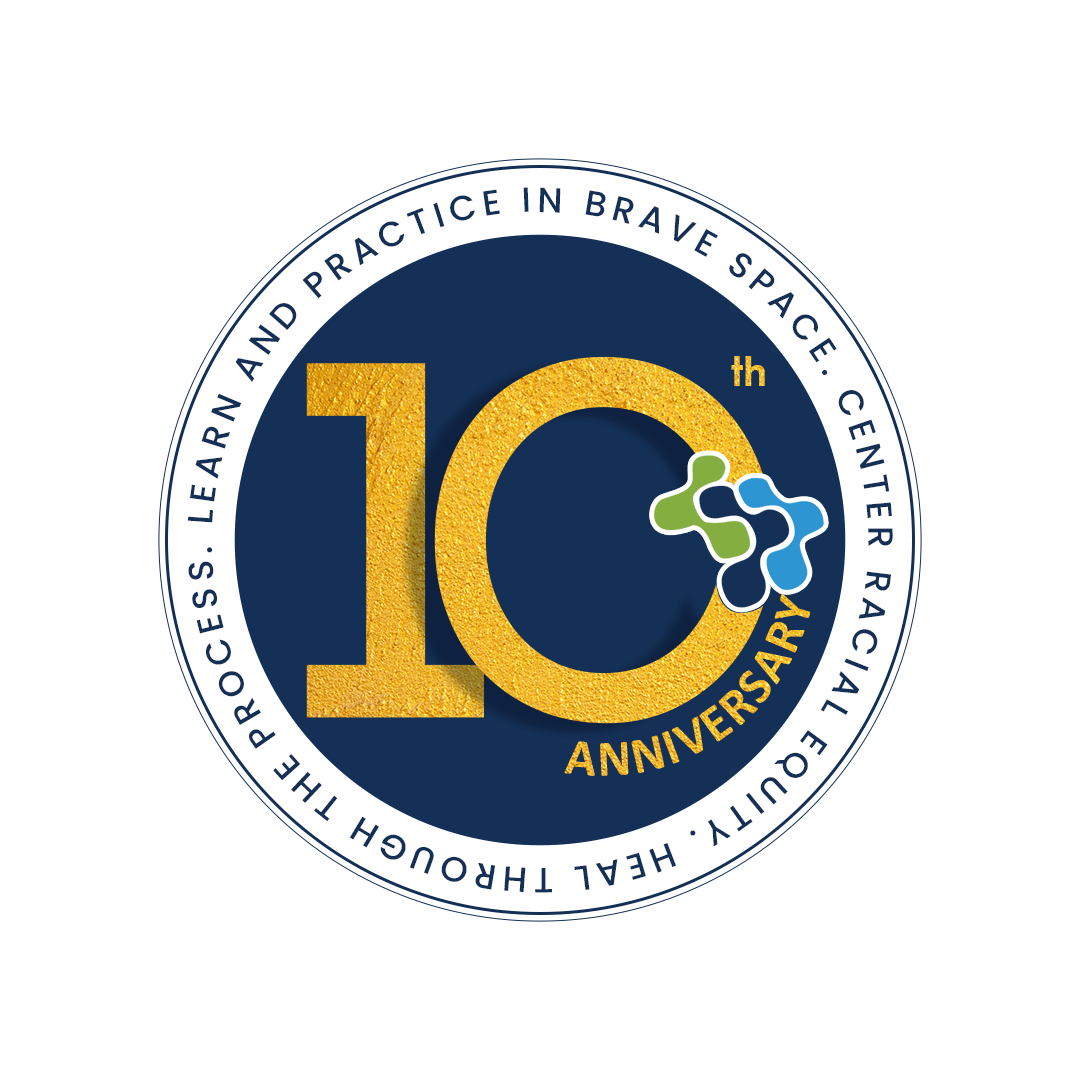In schools, a little thanks goes a long, long way. Gratitude is felt by both parties; the one giving and the one receiving. But in schools, gratitude is a ripple effect, cultivating a more compassionate, more community-driven environment for
students and faculty alike.
How can we show more gratitude, and how can it help our schools flourish?
Saying “Thank You,” and Meaning It
Growing up, our parents and elders teach us that “please” and “thank you” are the most basic of manners, but it is up to us to allow those manners to become mannerisms, even as adults.
Thanking someone genuinely with both words and actions, and sincerity with sincerity, create a more positive, warm, and safe environment.
Thank other faculty members and students with the same authenticity. Everyone likes, wants, and needs to feel appreciated, and this behavior causes a chain reaction, generating more positivity in your school.
Recognizing Effort
Thanking someone isn’t reserved for a job well done or results achieved. Showing gratitude for the efforts of the people around you isn’t only the polite thing to do, it shows that you are appreciative of someone expending the time and energy to try and make something happen.
Whether it’s a fellow faculty member who attempts to go to bat for you with the administration or a student who is trying — albeit struggling — with turning assignments in on time,expressing gratitude for their actions ensures that they feel their efforts weren’t for nothing.
And the chain reaction continues.
Show Gratitude in Your Actions
Showing thanks and appreciation doesn’t stop at ‘thank you.’ Even the smallest gestures such as picking up a coffee for a faculty member on the way to work or staying late one afternoon to help a new teacher grade papers shows gratitude simply for the person being on your team.
As the adage goes, actions speak louder than words, and people always, always remember feeling valued.
A workplace where each person feels worthy and valued means a better workplace culture, which pours over into our everyday lives and communities.
It Starts with Educators
As an educator, you know that your students aren’t at school to simply learn from books and tests. Students are developing their minds and behaviors, often influenced by their peers and authority figures. When students witness faculty members being kind and gracious to one another, they pick up and mirror those behaviors.
The culture in your classroom later becomes the culture in your community. You influence your students in ways you may never have imagined. Use your influence wisely.
BMEsTalk: Creating Better Communities Inside and Outside Our Schools
At BMEsTalk, our mission is to empower Black male educators to realize their full potential as influential members of our schools and communities. We are committed to supporting Black male educators both inside and outside of the classroom with affinity spaces, leadership programs, and district services. Now, more than ever, our communities need our Black male educators — especially young Black boys.
Find out more about how BMEsTalk can empower your schools and your community as a whole by contacting a member of our organization today.


